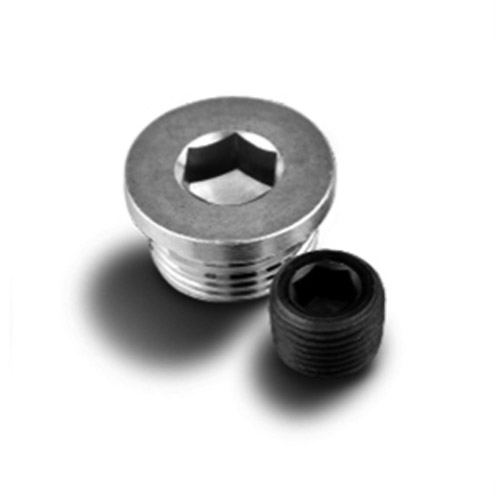

Understanding the Functionality and Applications of Slotted Self Tapping Screws
Dec . 03, 2024 21:09 Back to list
Understanding the Functionality and Applications of Slotted Self Tapping Screws
Understanding Slotted Self-Tapping Screws Features and Applications
Slotted self-tapping screws are a fundamental fastening solution in various industrial and construction applications. Unlike traditional screws that require pre-drilled holes, self-tapping screws possess specialized threads that allow them to create their own holes as they are driven into materials. This unique feature significantly enhances the efficiency and speed of assembly processes, making slotted self-tapping screws indispensable in modern manufacturing and construction.
Understanding Slotted Self-Tapping Screws Features and Applications
One of the key advantages of slotted self-tapping screws is their versatility. They can be used in a wide range of materials, including wood, plastics, metal, and composite materials. This adaptability makes them suitable for various applications, from assembling furniture to constructing infrastructure. Additionally, self-tapping screws are invaluable in scenarios where speed is critical, such as in automotive assembly lines or electronic device manufacturing, where quick and reliable fastening solutions are essential.
slotted self tapping screws

The slotted design, while beneficial, comes with some limitations. The use of a flathead screwdriver can lead to slippage if not applied correctly, which may compromise the screw’s integrity. For this reason, it is crucial for users to ensure that they employ the correct tools and techniques when installing slotted self-tapping screws. Furthermore, in applications where higher torque is required, other drive types, such as Phillips or Torx, may offer better performance. This is particularly important in high-stress applications where vibration or dynamic loading could loosen fasteners.
When selecting slotted self-tapping screws, several factors should be considered, including screw size, thread type, and material characteristics. The choice of screw size can greatly impact the strength and holding power of the joint. Additionally, the thread design may vary between coarse and fine threads, influencing the screw's ability to grip specific materials. For instance, coarse threads are often preferred for wood applications, while fine threads may perform better in metal installations.
Another significant consideration is the environment in which the screws will be used. In applications exposed to moisture or corrosive substances, opting for stainless steel screws with a protective coating can greatly enhance long-term performance. Furthermore, those in highly regulated industries, such as medical or aerospace, may require screws that meet specific industry standards for material safety and performance.
In conclusion, slotted self-tapping screws are a vital component in the toolkit of builders, engineers, and manufacturers. Their ability to tap their own holes and provide reliable fastening solutions has simplified construction and assembly processes across various sectors. While the slotted design offers ease of use, careful consideration must be given to the choice of screw type and installation method to ensure optimal performance. As technology continues to advance, so too will the design and application of self-tapping screws, solidifying their place in the future of fastening solutions.
Latest news
-
High-Strength Hot Dip Galvanized Bolts - Hebei Longze | Corrosion Resistance, Customization
NewsJul.30,2025
-
Hot Dip Galvanized Bolts-Hebei Longze|Corrosion Resistance&High Strength
NewsJul.30,2025
-
High-Strength Hot-Dip Galvanized Bolts-Hebei Longze|Corrosion Resistance&High Strength
NewsJul.30,2025
-
Hot Dip Galvanized Bolts-Hebei Longze|Corrosion Resistance&High Strength
NewsJul.30,2025
-
Hot Dip Galvanized Bolts - Hebei Longze | Corrosion Resistance, High Strength
NewsJul.30,2025
-
High-Strength Hot Dip Galvanized Bolts-Hebei Longze|Corrosion Resistance, Grade 8.8
NewsJul.30,2025

